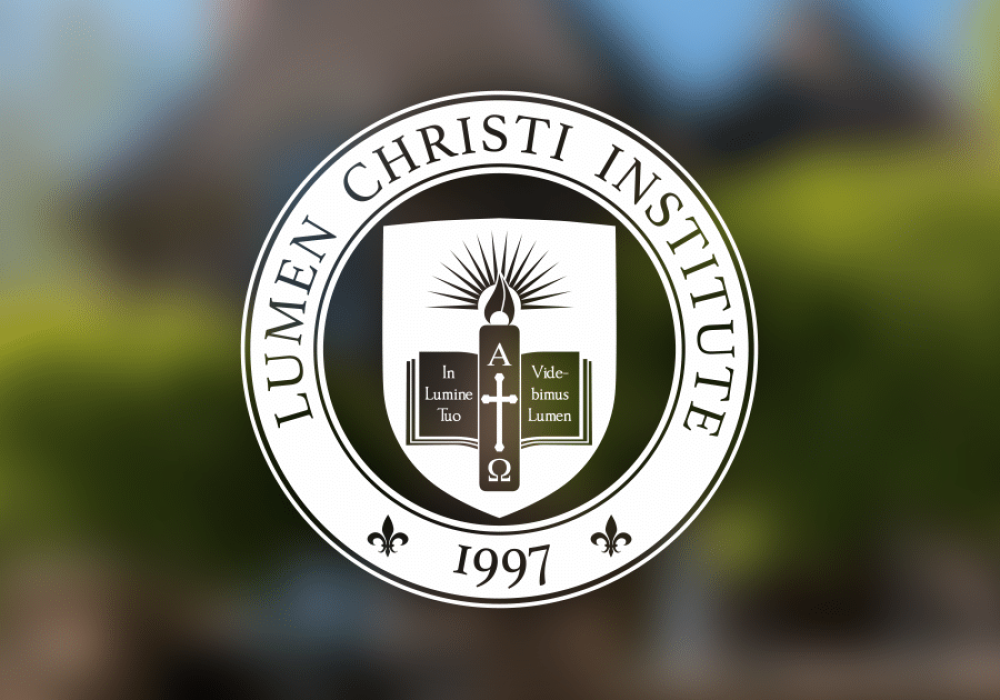American Catholic women rarely surface as protagonists in histories of the United States. Offering a new perspective, Kathleen Sprows Cummings places Catholic women at the forefront of two defining developments of the Progressive Era: the emergence of the “New Woman” and Catholics’ struggle to define their place in American culture. Cummings highlights four women: Chicago-based journalist Margaret Buchanan Sullivan; Sister Julia McGroarty, SND, founder of Trinity College in Washington, D.C., one of the first Catholic women’s colleges; Philadelphia educator Sister Assisium McEvoy, SSJ; and Katherine Eleanor Conway, a Boston editor, public figure, and antisuffragist. Cummings uses each woman’s story to explore how debates over Catholic identity were intertwined with the renegotiation of American gender roles. By examining female power within Catholic religious communities and organizations, she challenges the widespread assumption that women who were faithful members of a patriarchal church were incapable of pathbreaking work on behalf of women.

